Essential Reads for Personal Growth and Self-Improvement
Looking to unlock your potential? This post explores transformative books that can guide your journey of self-healing and growth. Keep reading to discover how these essential reads can help you thrive.

What if the key to unlocking your fullest potential lies within the pages of a book? In a world driven by rapid change and complexity, understanding ourselves has never been more crucial. This post looks at a carefully curated selection of books that illuminate the topics of psychology, philosophy, and spirituality.
Whether you're a healthcare professional seeking to deepen your empathy, a researcher exploring human behaviour, or an industry expert striving for balance, these works offer transformative insights. Join us as we explore these essential reads, each a gateway to personal growth and self-improvement.
Healing from Within: Essential Reads for Emotional and Psychological Growth
Embarking on a journey of self-healing often begins with understanding the hidden wounds that shape our emotions and behaviors. The following transformative books offer profound insights into the complexities of human psychology and practical strategies to foster emotional well-being and personal growth.
"Primal Wound" by John Bradshaw
In this groundbreaking work, Bradshaw introduces the concept of the "primal wound," an emotional scar formed in early childhood that deeply influences our relationships, self-esteem, and emotional health. By exploring the roots of childhood trauma, he reveals how these wounds shape our adult behaviors, often resulting in self-sabotage, fear of intimacy, or difficulty setting boundaries.
Through his compassionate approach, Bradshaw provides readers with actionable tools to confront their pain, rebuild trust in themselves, and cultivate healthier relationships.
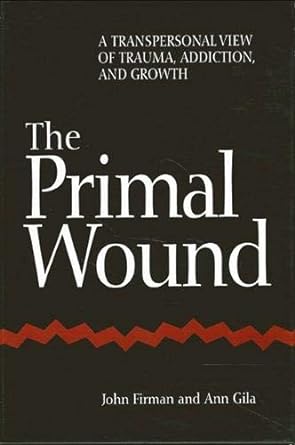
"Trials of the Visionary Mind" by John Weir Perry
John Weir Perry reframes spiritual emergencies as powerful opportunities for transformation rather than mental health crises. He argues that visionary experiences—though often misunderstood—can lead to profound personal growth when approached with openness and support.
This book offers an insightful guide for those undergoing spiritual awakenings, providing strategies to integrate these experiences into daily life. Perry’s perspective is particularly empowering for readers seeking to blend psychological healing with spiritual exploration.
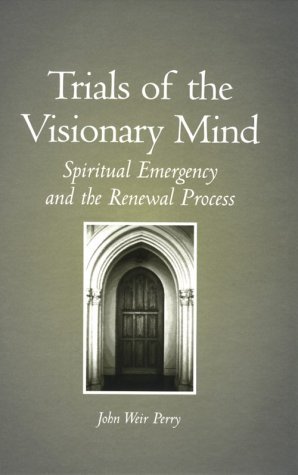
"Eden Project: In Search of the Magical Other" by James Hollis
James Hollis takes a deep dive into the allure of the "magical other"—the fantasy of finding a person who will complete us. Hollis uncovers how these unconscious projections often hinder relationships, leading to disillusionment and emotional pain.
This book challenges readers to move beyond the illusions of perfect partners and embrace self-awareness as the key to fulfilling connections. Hollis offers practical advice for recognizing the patterns that hold us back and integrating the archetype of the "magical other" into conscious awareness, fostering healthier and more authentic relationships.
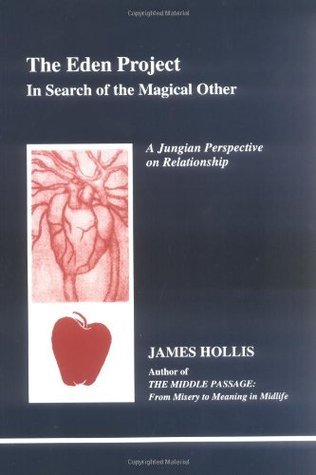
These self-healing books are invaluable for individuals striving to overcome emotional challenges and unlock their full potential. By addressing childhood trauma, navigating spiritual challenges, and fostering authentic connections, these titles provide a comprehensive roadmap to personal transformation. Whether you're a professional or a seeker of self-discovery, these works will inspire you to heal, grow, and thrive.
Therapist's Toolkit: Essential Books for Healing and Growth
Therapists and counselors constantly seek resources to enhance their practice and empower their clients. The following books provide transformative insights into therapeutic methods that foster emotional, psychological, and spiritual healing.
"Reality Game" by John Rowan
John Rowan’s Reality Game serves as a comprehensive introduction to humanistic counseling and therapy. Rooted in the belief that every individual possesses an inherent capacity for growth and self-actualization, Rowan emphasizes the importance of creating a supportive environment where clients can explore their potential.
Through practical strategies and real-life examples, the book provides tools to help therapists nurture their clients’ autonomy, self-awareness, and ability to overcome challenges. This work is invaluable for professionals who aim to inspire transformation by empowering clients to take charge of their healing journey.
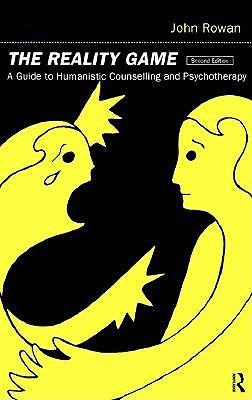
"Core Energetics" by John Pierrakos
John Pierrakos’s Core Energetics explores the deep connection between the body, mind, and emotions in the healing process. Pierrakos introduces readers to the principles and practices of core energetics, a therapy that integrates physical movement and emotional release to uncover and resolve deep-seated trauma.
This approach helps clients access buried emotions, break through personal barriers, and achieve greater emotional and spiritual wholeness. By focusing on the body’s role in healing, Core Energetics offers a holistic framework for therapists looking to address the physical manifestations of emotional pain.
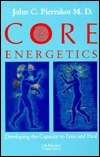
"Psychosynthesis" by Roberto Assagioli
Building on Assagioli’s foundational work, John Furman and Angela Molinari present Psychosynthesis as a comprehensive guide to this integrative approach to therapy. The book highlights how therapists can help clients achieve greater emotional balance and realize their full potential.
Psychosynthesis combines elements of psychology and spirituality, encouraging clients to explore their inner selves while fostering harmony between their conscious and unconscious minds. The book provides practical techniques for addressing internal conflicts, fostering self-awareness, and guiding clients toward personal and spiritual growth.
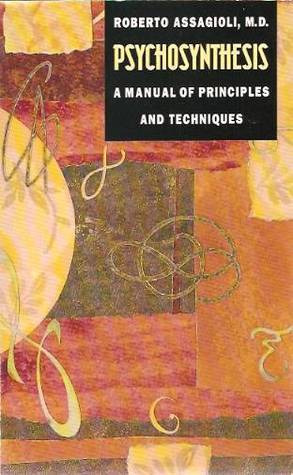
These therapist-focused books equip professionals with powerful tools to support their clients on the path to healing and self-discovery. By emphasizing self-actualization, addressing trauma holistically, and integrating spiritual dimensions, these works inspire therapists to deepen their practice and create transformative experiences for their clients. Whether you’re a seasoned professional or new to the field, these resources will enrich your approach to counseling and therapy.
Exploring the Psyche: Jungian and Archetypal Insights
Carl Jung’s profound exploration of the human psyche continues to inspire thinkers, therapists, and seekers of self-awareness. The following books delve into archetypal psychology, providing valuable perspectives on the feminine and masculine psyches and the unconscious forces that shape our lives.
"The Pregnant Virgin" by Marion Woodman
Marion Woodman’s The Pregnant Virgin is a deep dive into the feminine psyche, offering a transformative perspective on the role of the anima in women’s lives. Woodman explores how the anima—the inner feminine aspect—can guide women toward self-discovery and wholeness when consciously integrated. She examines societal pressures and internal conflicts that hinder women from connecting with their true selves.
With a poetic yet practical approach, Woodman offers readers tools to nurture their inner feminine energy, break free from limiting beliefs, and embrace their creative potential. This book is a must-read for anyone interested in the empowerment and psychological growth of women.
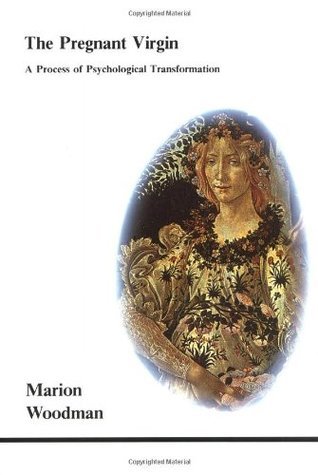
"The Problem of the Puer Aeternus" by Marie-Louise von Franz
Marie-Louise von Franz’s Puer Eternus examines the archetype of the “eternal youth,” often represented by the puer aeternus. This archetype reflects the longing for freedom, creativity, and eternal possibilities but also carries the shadow of immaturity and resistance to responsibility. Von Franz provides an in-depth analysis of this masculine archetype, exploring its manifestations in myths, dreams, and modern life.
She offers practical advice for integrating the puer aeternus into conscious awareness, enabling individuals to balance their youthful aspirations with the realities of adulthood. This book is particularly insightful for men seeking to understand their inner dynamics and achieve personal growth.
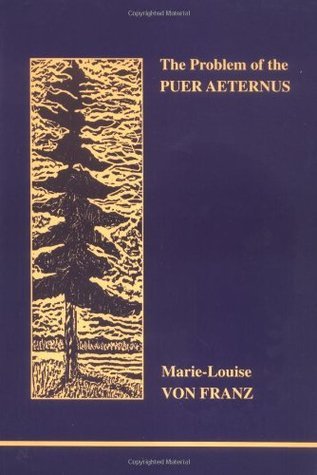
"Jung's Map of the Soul" by Murray Stein
Murray Stein’s Jung's Map of the Soul serves as an accessible introduction to Jungian psychology, exploring key concepts like the collective unconscious, archetypes, and individuation. Stein emphasizes how the unconscious shapes thoughts, emotions, and behaviors, influencing our life choices and relationships. By offering a roadmap to understanding these unconscious forces, the book guides readers toward greater self-awareness and integration.
Stein’s clear explanations make complex Jungian ideas relatable, making this work a valuable resource for both newcomers and seasoned enthusiasts of Jungian psychology.
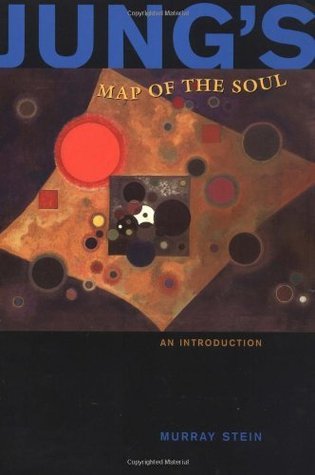
These Jungian and archetypal books offer profound insights into the hidden dimensions of the human psyche. By exploring the anima, puer aeternus, and collective unconscious, they provide readers with tools to achieve greater self-awareness, emotional balance, and personal transformation.
The Scholarly Bridge: Academic Insights for Personal and Collective Growth
For those seeking to deepen their understanding of human psychology, spirituality, and societal dynamics, academic books offer a treasure trove of insights. These works blend rigorous analysis with transformative perspectives, making them invaluable for professionals and seekers alike.
"Frames of Mind" by Howard Gardner
Howard Gardner’s Frames of Mind revolutionizes our understanding of intelligence with his theory of multiple intelligences. By challenging the traditional notion of IQ, Gardner highlights the diverse ways individuals learn, solve problems, and create.
This book empowers readers to recognize their unique intellectual strengths, paving the way for more personalized and effective growth strategies. It’s an essential read for educators, psychologists, and anyone interested in human potential.
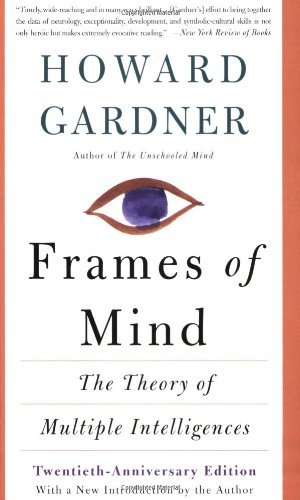
"Embodied Spirituality in a Sacred World" by Michael Washburn
Michael Washburn’s Embodied Spirituality in a Sacred World emphasizes the integral role of the body in emotional and spiritual healing. Washburn explores how reconnecting with our physical selves can unlock deeper emotional insights and foster spiritual growth.
By bridging the gap between mind and body, this book offers a holistic approach to well-being, making it a vital resource for therapists and spiritual practitioners.
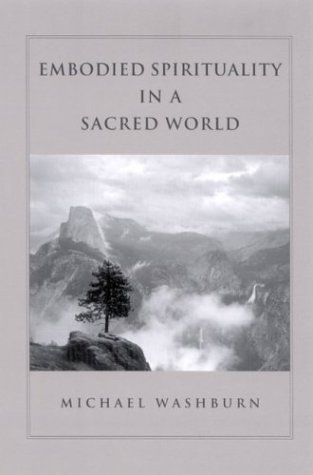
"Synthetic Paradigm: The Untrodden Path Between Freud and Jung" by Robert Aziz
Robert Aziz’s Synthetic Paradigm critiques Freudian and Jungian psychology while proposing a new framework for understanding the psyche. Aziz focuses on the individual’s capacity to shape their growth, offering fresh perspectives on the interplay between the conscious and unconscious.
This book challenges readers to rethink established paradigms, providing a thought-provoking lens for scholars and therapists.

Additional Books for Deeper Exploration
Anthony Stevens’s The Roots of War and Terror delves into the psychological origins of conflict, offering integrative strategies to address these global issues. Marion Woodman’s The Ravaged Bridegroom and James Hollis’s Swamplands of the Soul explore the masculine psyche and shadow work, guiding readers toward greater self-awareness. Carl Rogers’s Client-Centered Therapy champions the client’s autonomy in the therapeutic process, while Henry T. Stein’s Freud-Adler Controversy provides a nuanced view of competing psychological theories.
These academic and supplementary books provide a profound foundation for understanding personal growth, collective challenges, and the interplay between psychology and spirituality. Together, they illuminate paths to transformation, equipping readers with tools to navigate the complexities of the human experience.
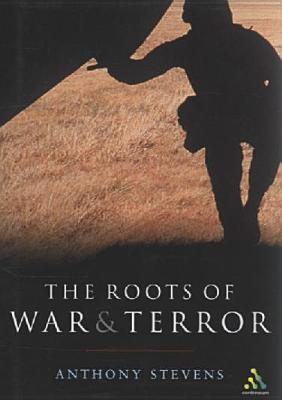
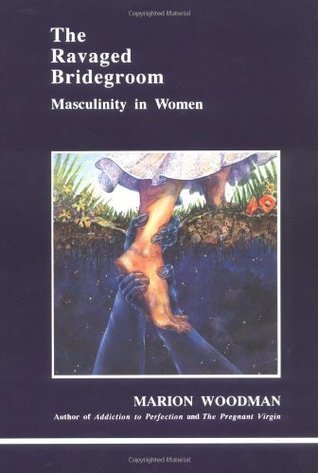
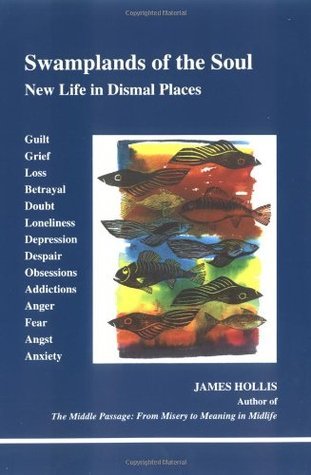
Your Top Questions Answered
What are the best books for personal growth and self-improvement?
While numerous books offer valuable insights, some highly recommended titles include:
- The Power of Now by Eckhart Tolle
- Atomic Habits by James Clear
- Mindset: The New Psychology of Success by Carol S. Dweck
- The 7 Habits of Highly Effective People by Stephen R. Covey
- Grit: The Power of Passion and Perseverance by Angela Duckworth
How can I improve my self-awareness?
Enhancing self-awareness involves regular self-reflection, mindfulness practices, and seeking feedback from others. Engaging in journaling, meditation, and setting aside time for introspection can help you understand your thoughts, emotions, and behaviors more clearly. Additionally, asking yourself reflective questions, such as "What are my core values?" or "What are my strengths and weaknesses?" can deepen your self-understanding.
What are some effective strategies for personal development?
Effective personal development strategies include setting clear, achievable goals, cultivating a growth mindset, and committing to continuous learning. Breaking larger goals into manageable tasks, seeking mentorship, and embracing challenges as opportunities for growth are also beneficial. Regularly assessing your progress and adjusting your plans as needed ensures sustained development.
How do I overcome procrastination?
Overcoming procrastination involves understanding its root causes, such as fear of failure or lack of motivation. Implementing time management techniques like the Pomodoro Technique, setting specific deadlines, and breaking tasks into smaller, manageable parts can help. Additionally, addressing underlying issues like perfectionism and building self-discipline are crucial steps in overcoming procrastination.
What role does mindset play in personal growth?
Mindset significantly influences personal growth. Adopting a growth mindset, the belief that abilities and intelligence can be developed through dedication and hard work, encourages resilience, a love for learning, and the ability to embrace challenges. This perspective fosters motivation and a willingness to persist through setbacks, leading to continuous personal development.
Key Takeaways
Understanding the Primal Wound: Childhood trauma deeply affects adult relationships and behaviors. Recognizing and healing these wounds is key to cultivating healthier connections and emotional well-being.
Spiritual Emergencies as Opportunities: Visionary experiences are not mental health crises but powerful catalysts for personal growth. Embrace these moments with openness and support for transformative healing.
Breaking the Illusion of the Magical Other: The fantasy of a perfect partner often hinders relationships. Embrace self-awareness and authenticity to foster deeper, more meaningful connections.
Empowering Clients Through Humanistic Counseling: Humanistic therapy emphasizes the client’s capacity for growth. Create supportive environments that nurture autonomy, self-awareness, and self-actualization for transformative change.
Healing Through the Body: Core Energetics connects physical movement with emotional release, addressing deep-seated trauma and fostering holistic healing. Body awareness plays a vital role in emotional recovery.
Psychosynthesis: Integrating the Unconscious and Conscious: Psychosynthesis combines psychology and spirituality, helping individuals harmonize their conscious and unconscious selves for emotional balance and personal growth.
Jungian Psychology: Exploring the Unconscious: The unconscious mind influences thoughts, feelings, and behaviors. Understanding archetypes like the anima and the collective unconscious helps integrate hidden aspects of the psyche.
The Role of Multiple Intelligences: Howard Gardner’s theory of multiple intelligences broadens the definition of intelligence. Recognizing individual learning strengths allows for personalized, effective growth strategies.
The Importance of Embodied Spirituality: The body plays a crucial role in spiritual and emotional healing. Reconnecting with physical sensations unlocks deeper insights and promotes holistic well-being.
Rethinking Psychological Paradigms: New frameworks, such as Robert Aziz’s critique of Freud and Jung, challenge traditional psychological paradigms. Embrace fresh perspectives to better understand personal growth and the psyche’s complexities.
Conclusion
The curated selection of books presented in this article offers a profound reservoir of knowledge, shedding light on the complexities of human psychology, philosophy, and spirituality. Each title provides transformative insights and practical strategies that empower individuals to heal, grow, and unlock their fullest potential. Whether addressing childhood trauma, exploring the unconscious mind, or integrating body and spirit, these works serve as valuable tools for both personal and professional development.
By engaging with these books, readers are invited to embark on their own journeys of self-discovery and transformation. As you explore these powerful resources, take time to reflect on the wisdom they offer and how it resonates with your own experiences. Embrace the opportunity to deepen your understanding of yourself and the world around you, and start making meaningful changes toward a more fulfilled, balanced life.
References
https://www.verywellmind.com/twenty-questions-to-boost-your-self-awareness-8694345
https://www.goodreads.com/shelf/show/self-improvement
https://www.forbes.com/sites/entertainment/article/best-self-help-books/
https://nypost.com/article/best-motivational-books/
https://www.psychologytoday.com/us/blog/what-doesnt-kill-us/202309/the-joy-of-personal-growth
https://positivepsychology.com/personal-growth/
https://divbyzero.com/blog/personal-growth-books/?utm_source=chatgpt.com
https://thriveworks.com/help-with/self-improvement/self-improvement-strategies/
https://www.danielleavann.com/blog/the-difference-between-personal-development-and-personal-growth
https://www.thehandbook.com/self-development-books
https://www.reddit.com/r/suggestmeabook/comments/1093r0x/selfhelp_books_that_actually_helped_you/
This article was written by Lucía Romero Lastra, a seasoned writer and editor with expertise in crafting engaging and informative articles



















